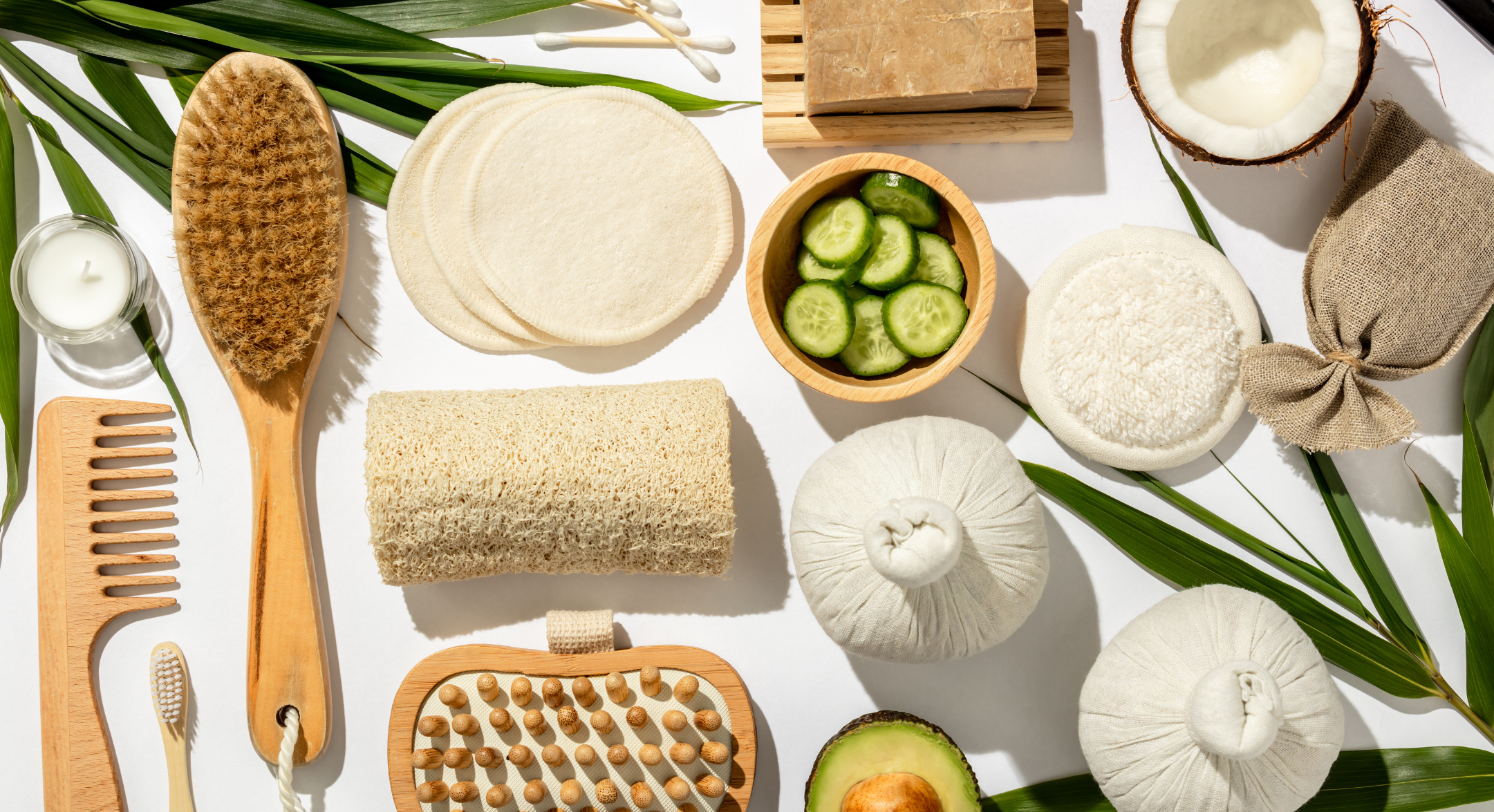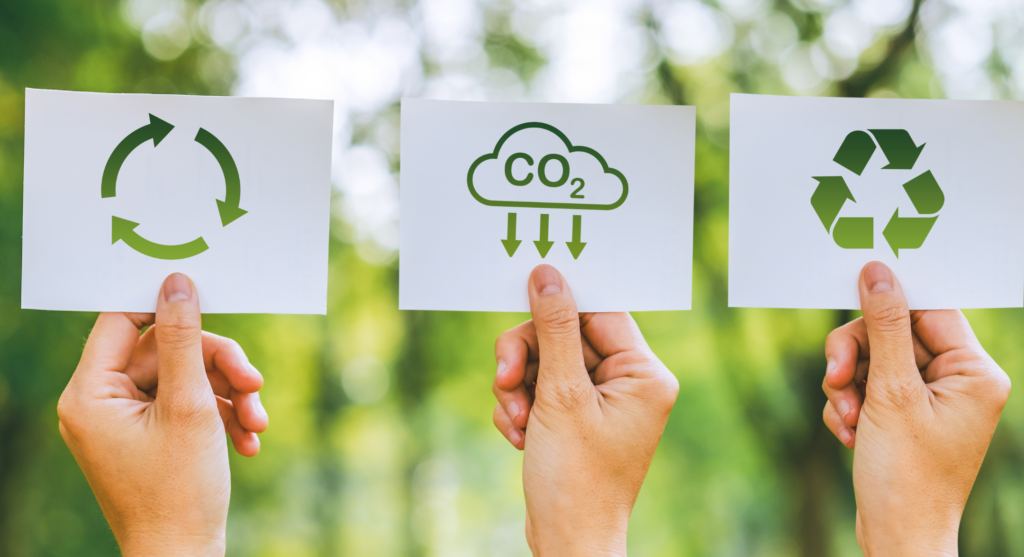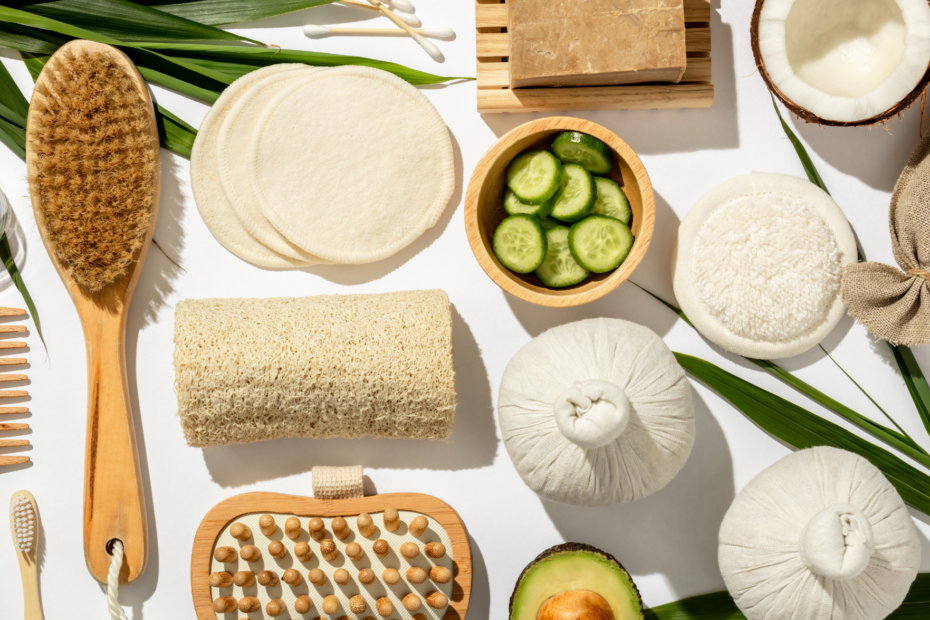Sustainability is becoming an essential part of our daily routines. By incorporating sustainable products into everyday life, we can reduce waste, minimize our carbon footprint, and contribute to a healthier planet. This guide will explore the best eco-friendly alternatives for household items, personal care, and lifestyle choices to help you live more sustainably.
Why Choose Sustainable Products?
Using sustainable products benefits both the environment and our health. Some of the key advantages include:
- Reducing plastic waste: Many eco-friendly products eliminate or significantly reduce plastic usage.
- Lowering carbon footprint: Sustainable products often require fewer resources to produce.
- Healthier choices: Many natural and organic options avoid harmful chemicals.
- Cost-effectiveness: While some items may have a higher upfront cost, they save money in the long run.
- Supporting ethical brands: Many sustainable companies focus on fair trade and ethical production.
Eco-Friendly Household Items

1. Reusable Kitchenware
Switching to reusable alternatives in the kitchen is an easy and impactful step toward sustainability. Consider:
- Reusable food wraps: Beeswax wraps replace plastic wrap and keep food fresh.
- Silicone food storage bags: A durable alternative to single-use plastic bags.
- Bamboo utensils: Replace plastic cutlery with biodegradable bamboo.
- Stainless steel straws: Eliminate the need for disposable plastic straws.
- Glass or stainless steel water bottles: Reduce the reliance on plastic bottles.
- Compostable dish sponges: Traditional sponges contribute to microplastic pollution, while compostable options decompose naturally.
- Plastic-free dish soap: Opt for bars or concentrated refills that minimize plastic packaging.
2. Sustainable Cleaning Products
Conventional cleaning products often contain harsh chemicals that harm the environment. Instead, opt for:
- Biodegradable sponges and scrubbers: Made from plant-based materials.
- DIY cleaning solutions: Use vinegar, baking soda, and essential oils.
- Eco-friendly detergent and soap bars: Avoid plastic packaging and synthetic chemicals.
- Refillable glass spray bottles: Reduce the need for single-use plastic bottles.
- Plant-based disinfectant wipes: Compostable and free from toxic chemicals.
3. Energy-Efficient Home Solutions
Reduce energy consumption with these eco-conscious changes:
- LED light bulbs: Last longer and use less energy.
- Smart power strips: Automatically shut off devices not in use.
- Solar-powered chargers: Utilize renewable energy for charging electronics.
- Programmable thermostats: Reduce energy use by optimizing heating and cooling.
- Energy-efficient appliances: Look for ENERGY STAR-rated products.
- Double-glazed windows: Improve insulation and reduce heating/cooling needs.
- Water-saving fixtures: Low-flow showerheads and faucets help reduce water consumption.
- Composting systems: Turn food waste into valuable soil nutrients.
Sustainable Personal Care Products

1. Zero-Waste Beauty Products
Many personal care products generate unnecessary waste. Consider switching to:
- Shampoo and conditioner bars: No plastic packaging and last longer.
- Bamboo toothbrushes: A compostable alternative to plastic toothbrushes.
- Refillable deodorant containers: Reduce packaging waste.
- Reusable makeup remover pads: Washable and sustainable.
- Compostable floss: Plastic-free and biodegradable.
- Solid perfume bars: Reduce reliance on plastic packaging.
- Sustainable nail polish: Free from harmful chemicals and often in recyclable packaging.
2. Natural Skincare and Cosmetics
Look for brands that prioritize:
- Cruelty-free and vegan formulations
- Minimal or compostable packaging
- Organic and non-toxic ingredients
- Sustainable palm oil alternatives
- Eco-friendly sunscreen: Free from harmful chemicals that damage coral reefs.
- DIY skincare recipes: Use simple, natural ingredients like coconut oil, honey, and aloe vera.
Sustainable Lifestyle Choices

1. Eco-Friendly Fashion
The fashion industry is a significant contributor to pollution. Opt for:
- Second-hand or thrifted clothing: Extends the lifecycle of garments.
- Sustainable fabrics: Organic cotton, hemp, and bamboo are great alternatives.
- Minimalist wardrobes: Buy fewer, high-quality pieces that last longer.
- Repair and upcycle clothing: Extend the life of your wardrobe by mending and repurposing.
- Ethical shoe brands: Choose brands that use recycled materials and fair trade practices.
- Eco-friendly laundry practices: Wash clothes in cold water and use biodegradable detergents.
2. Sustainable Travel Essentials
Reduce waste while traveling with:
- Reusable travel cutlery and cups
- Eco-friendly toiletries in refillable containers
- Solar-powered chargers for electronics
- Bamboo fiber travel towels: Lightweight, quick-drying, and biodegradable.
- Plastic-free luggage tags and passport covers: Made from sustainable materials like cork or recycled leather.
- Zero-waste travel kits: Includes collapsible containers, cloth napkins, and reusable straws.
How to Make a Lasting Impact
Living sustainably goes beyond purchasing eco-friendly products. Some additional steps include:
- Supporting brands with ethical practices: Look for certifications like Fair Trade and B Corp.
- Reducing single-use items: Carry reusable bags, bottles, and containers.
- Educating others: Share sustainability knowledge with friends and family.
- Composting: Reduce food waste by composting organic materials.
- Reducing energy consumption: Unplug devices when not in use.
- Carpooling and biking: Reduce carbon emissions from transportation.
- Participating in community cleanups: Help remove waste from natural areas.
Sustainable Lifestyle Choices

As sustainability continues to evolve, new trends and innovations are making it easier to adopt eco-friendly habits. Some notable trends include:
- Plastic-free grocery stores: Some stores now offer bulk shopping without plastic packaging.
- Upcycled materials: Brands are creating products from waste materials, such as ocean plastic or discarded textiles.
- Carbon offset programs: Companies allow consumers to offset their carbon footprint through environmental projects.
- Eco-friendly packaging: Many brands are replacing plastic with compostable and biodegradable alternatives.
- AI-powered energy efficiency: Smart home systems optimize energy use automatically.
- Regenerative agriculture: A farming method that restores soil health and increases biodiversity.
- Sustainable tech gadgets: Solar-powered devices, biodegradable phone cases, and modular electronics designed for longevity.
Case Studies: Successful Sustainable Initiatives
1. Patagonia – Ethical Fashion
Patagonia leads in sustainable clothing by using recycled materials and ethical labor practices.
2. Ecosia – The Search Engine That Plants Trees
Ecosia donates its ad revenue to reforestation efforts worldwide.
3. Beyond Meat – Plant-Based Alternatives
Beyond Meat offers innovative meat substitutes to reduce the carbon footprint of food consumption.
4. Loop – Zero-Waste Packaging
Loop partners with brands to offer reusable packaging solutions, reducing single-use plastics.
5. Tesla – Green Energy Solutions
Tesla promotes sustainable transportation and energy with electric vehicles and solar products.
Switching to sustainable products for everyday life is a meaningful step toward a greener future. By making conscious choices, we can significantly reduce our environmental impact while enjoying healthier and more ethical alternatives. Start small and gradually incorporate more eco-friendly options into your routine. Whether it’s reusable kitchenware, zero-waste personal care, or energy-efficient solutions, every small change contributes to a sustainable world.

